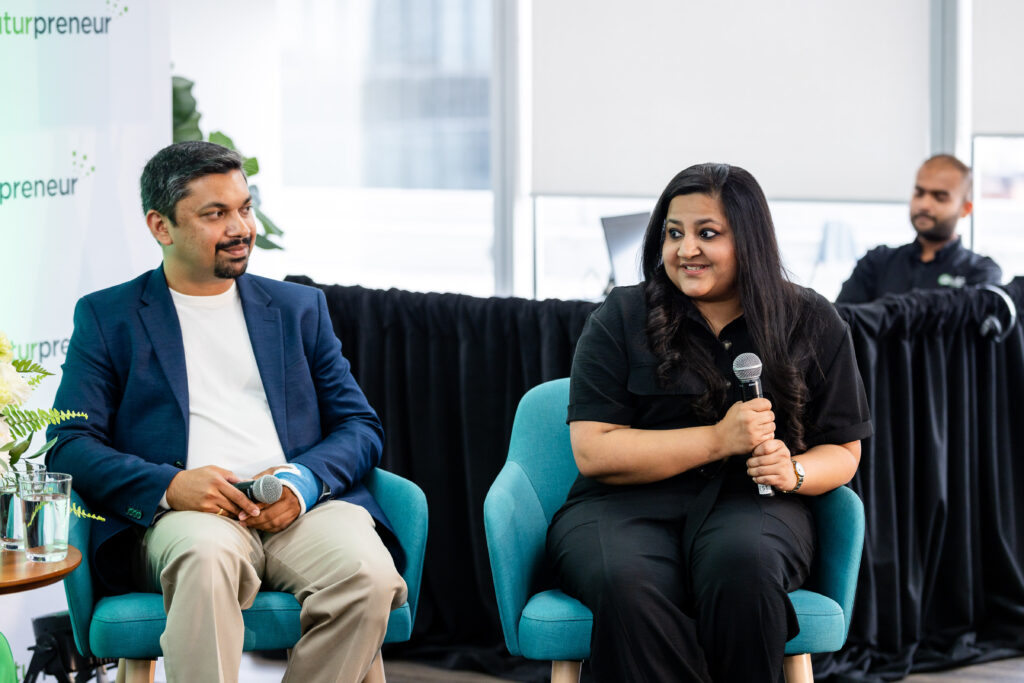
- Business planning and strategy
Customer Loyalty – the Golden Rules
If you’re like me, you get more than a little irritated when some company offers you a new loyalty card. Another loyalty program, another account to create online, another password to remember… All this just to get a free coffee, a discount on a purchase or some useless plastic dishes. What a waste of time!
The proliferation of loyalty programs has eroded the real meaning of customer loyalty. Mechanized, replicated, trivialized and imitated, today’s loyalty programs show what a profound misunderstanding of the notion of loyalty these companies have. It is the sheer mundaneness of such programs, resulting from that misunderstanding, that irritates me. Customer loyalty, in being reduced to the level of card stamping programs, has lost its meaning for so many companies.
But it’s vitally important!
As a business start-up consultant, I believe that building customer loyalty allows us to avail ourselves of one of the most important managerial levers out there. I would even go so far as to say that developing a clientele is the same thing as building customer loyalty. Why?
Start-up entrepreneurs not only have to find new customers, they also need to find customers who will do business with their companies in the future. In other words, they have to develop long-term customers.
But who are these long-term customers, these good people who’ll become loyal followers of your company?
Know thy best customers
Here loyalty takes on its full meaning. You cannot convert customers into loyalists without having a profound understanding of who they are.
The first step in building loyalty is to identify your best customers. Some use the word “best”; others call them perfect or ideal customers. Whichever you prefer, the key thing is that they’re easy to recognize among your clientele: they’re the ones who generate the largest portion of your revenues.
These customers are precisely the ones you want to turn into loyalists. It’s worth giving them preferential treatment since their needs are in perfect harmony with your company’s offer – and that can be turned into profit.
In general, these perfect customers that we’re talking about are 3 to 4 times more likely to respond positively to an offering from your company. In other words, you have 3 to 4 times more chances of selling to one of these customers than to any other. Also, they are far more profitable for your business. They provide better margins because they are less price sensitive. They recognize the value offered by your business and have no wish to go to the competition to save a few dollars.
As you can see, we’re not interested in building just anyone’s loyalty! We’re specifically grooming customers with a latent potential for loyalty. So we need to put extra effort into those customers who consider that your product offers them a superior response to their needs.
Loyalty is, therefore, a very special treatment for very special customers. And when you understand that, you can easily see the limitations of mass loyalty programs.
How do you build loyalty?
Once you’ve targeted your best customers, just ask yourself why they naturally keep coming back to you. What are you offering them to make them want to buy your products or services again? Is it a bond of trust? Do you offer them a personalized service that’s important to them? Does your product contain some element they particularly like? Or is it simply a question of geographical proximity?
The foundations of an effective loyalty program are built on the feedback of these so-called “perfect” customers. This feedback is a gold mine! From such valuable information, you’ll be able to build your loyalty policy or loyalty program. Stamping a card just isn’t enough. It’s much more about giving customers what they ask for. Start doing this and you’ll be able to maintain, develop and grow the loyalty of your customers.
Beyond stamping the card
It’s important to get away from technical and administrative thinking. You don’t need to have a formal loyalty program with a structured system of rewards or recognition. Sometimes customer loyalty is all about creating connections; that is, forging a human relationship founded on trust. It pays off in the end! There’s no need to force or control things.
Have you ever wondered how psychologists hold on to their clientele? And how consultants build theirs? You’ll probably say these are very specific and atypical examples. Absolutely not, believe me! In terms of loyalty, the primacy of human relationships is a universal reality.
Here’s a small slice of my life. When I was young, I often had lunch with my father at a neighbourhood diner. This restaurant had a clientele of regulars. They were workers who ate there maybe 3 to 5 times a week. The owner knew every customer and called them by name. She knew in advance what they wanted to eat based on the day of the week. More often than not, she brought each customer their meal without even waiting for the order! Now, that’s a long way from stamping a card, isn’t it?
The next steps
There’s nothing technical about customer loyalty. That said, there are several technologies that can be effective, provided they’re part of an overall loyalty objective founded on the customer relationship. This relationship can connect your customer to your brand, your business or even to you personally.
Take a first step in the right direction. Make a list of all your customers. Link revenues to cost for each type of client. Then group your most profitable customers into one category and ask yourself what they really want. In other words, what relationship do they have with you, your business or your brand?
Loyalty is a natural phenomenon that has become distorted by many schools of management thought. Relax. You don’t have to reinvent the wheel to attract your customers to your offer. Just be genuine, human and rigorous. Your loyal customers will make their presence felt and contribute to the profitability of your business.
With that, I wish you success in building customer loyalty!
Written by: Jean-Philippe L’Écuyer, entrepreneur-in-residence, Futurpreneur Canada





